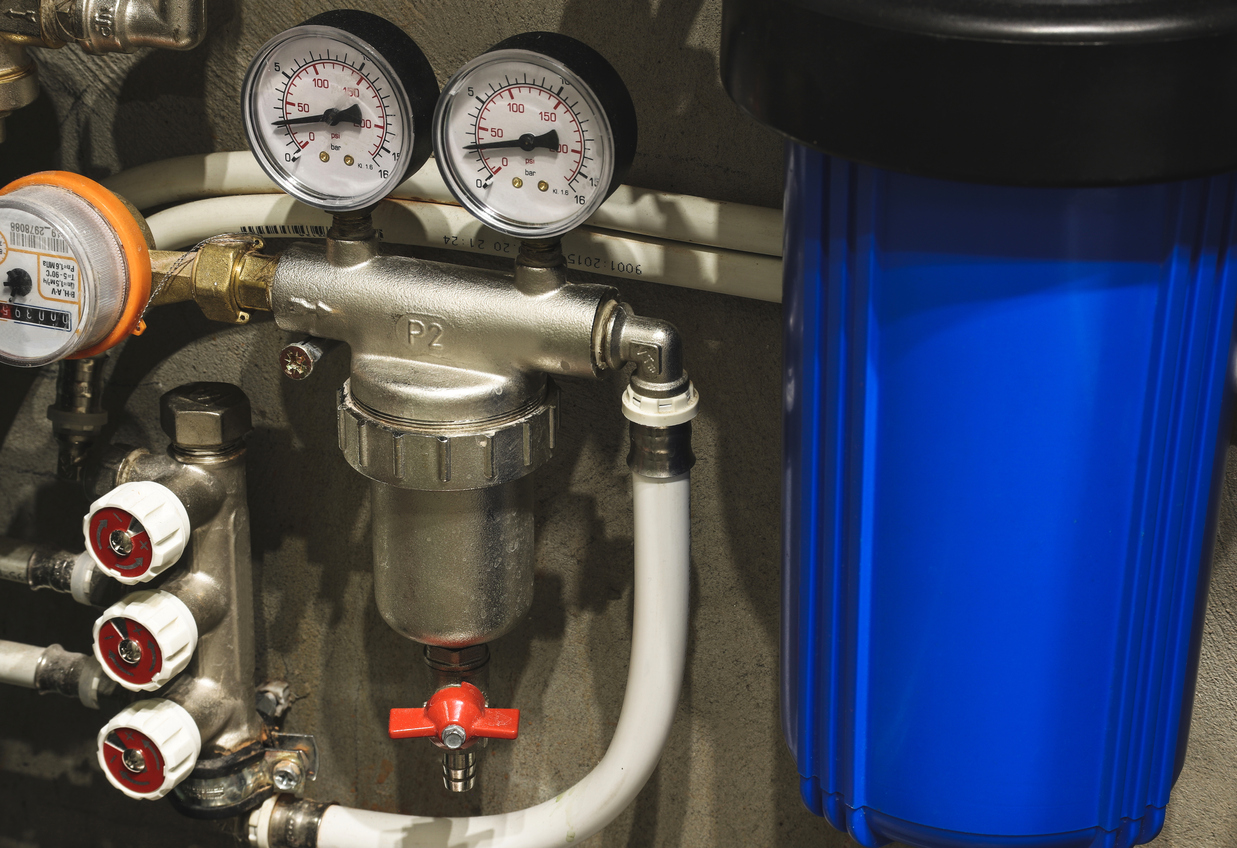Water Purification Systems in Ghana: Why They are Necessary and How They Work
Water Purification Systems in Ghana: Why They are Necessary and How They Work
Water is the most important and essential resource for the survival of mankind. Unfortunately, the quality of water in many parts of the world is deteriorating rapidly. In fact, according to The World Health Organization (WHO), more than a billion people around the world lack access to safe drinking water. In addition, nearly 2 billion people have no access to even basic sanitation services. This can lead to serious health problems like diarrhea and other infections that can spread through unclean water. These challenges are especially concerning in developing countries such as Ghana, which has an population of nearly 27 million people and is continuing to grow. Fortunately, there are many ways that we can improve the state of drinking water around the world. One solution involves using water purification systems in Ghana that clean up polluted water so that it’s safe to drink again.
Why Water Purification is Important
Water purification is important because drinking water that is not clean can lead to a wide range of health problems, including gastrointestinal illnesses such as diarrhea and certain types of hepatitis. It can also cause eye infections and skin problems, as well as lead to more severe health issues. Health experts say that water-related illnesses are responsible for 8 percent of all deaths every year. A large portion of these deaths occur in children under the age of 5. This is because their immune systems are still developing and are therefore more susceptible to the harmful effects of unclean water. In addition to the health problems that can arise from unclean water, there are also issues that relate to the economy and infrastructure of a given area. For example, unclean water can lead to damage to buildings and other infrastructure that comes into contact with it. Clean water, on the other hand, is essential to a healthy economy. It is essential for both agriculture and industry.
How Water Purification Systems Work
Different water purification systems use different methods to clean up polluted water and make it usable again. Some systems work to remove harmful contaminants, while others work to improve the taste and smell of the water. The type of water purification system you use depends on the specific contaminants that are in your water. Water can become polluted for a number of reasons, including nearby factories, polluted agricultural runoff and more. No matter what caused the water to become polluted, there are many different types of water purification systems that can clean it up. One type of water purification system is a water filtration system. A water filtration system filters out impurities, bacteria and other contaminants from water. Most water filtration systems use either a sand or granular activated carbon filter. Another type of water purification system is a reverse osmosis system.
Reverse Osmosis Water Purification
Reverse osmosis water purification is a process in which water is forced through a semi-permeable membrane to remove impurities such as minerals, salts and other contaminants. This process happens under pressure and with the help of a pump. The membrane is highly selective, meaning that it will only let certain substances through while keeping others out. Reverse osmosis water purification is a common method of cleaning up difficult-to-remove contaminants such as fluoride, heavy metals and more. It can also be used to remove salts from water, improving the taste and making it safer to drink.
Ultra Violet Light Water Purification
Another type of water purification system is an ultra violet light water purification system. An ultra violet light water purification system uses UV light to kill bacteria and other contaminants in water. This type of water purification system is often used for cleaning up drinking water, but can also be used to clean up water for other purposes, such as agriculture and more. A UV light water purification system works by shining a light through water. This light has enough energy to break the chemical bonds of certain contaminants, killing them in the process. A UV light water purification system can also be used to remove minerals such as calcium and magnesium from water. This can improve the taste of the water.
UV Nano-Filtration Water Purification
UV nano-filtration water purification is a newer method for cleaning up water. This method uses UV light to break down contaminants in water, followed by filtration to remove them from the water. This is similar to the process that a UV light water purification system uses, but with additional filtration. UV nano-filtration water purification can be used to clean up a wide variety of contaminants in water, including minerals, salts and more. It is also effective at removing certain types of bacteria.
Conclusion
Water purification is important because drinking unclean water can lead to a wide range of health problems. There are many different types of water purification systems that can clean up polluted water and make it safe to drink again. No matter which type of water purification system you choose, it is important to keep it maintained to ensure the best results.








LEAVE A COMMENT
You must be logged in to post a comment.